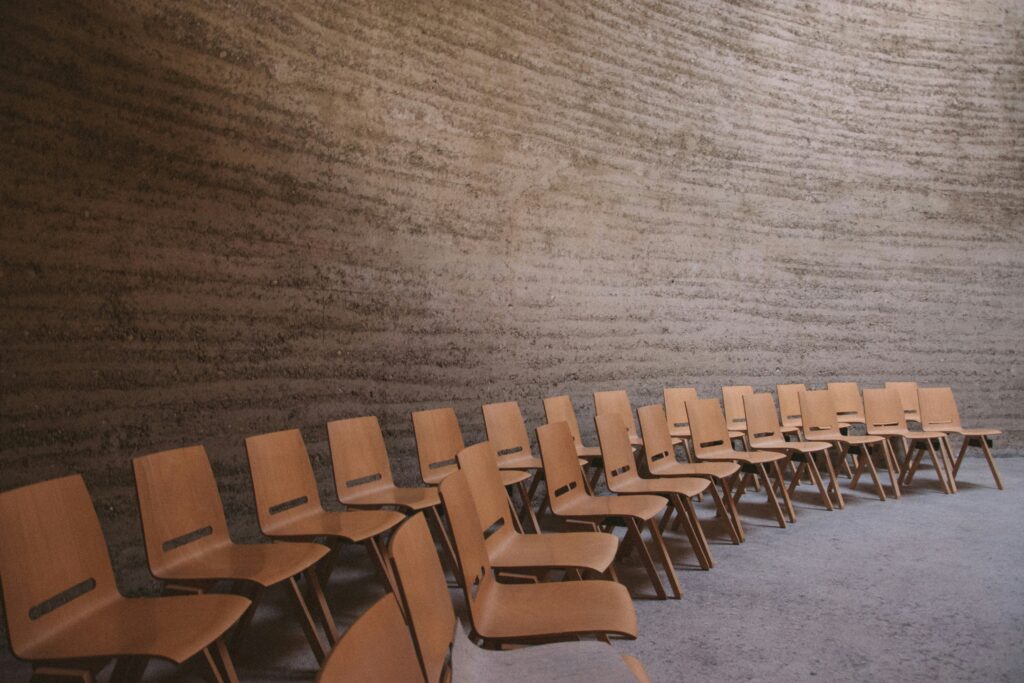The consumption and production of Canadian identity is a constant in the media today. Simu Liu's riff on the 2000 Molson Canadian commercial, "I am Canadian -- Rant" neatly contextualizes these changes. In his remarks as Master of Ceremonies on the Junos on May 15, 2022, he exclaims, "I love this country.... I speak English and Mandarin et un petit peu français. I grew up on Ketchup chips, roti, and Jamaican beef patties, ...and by the way it is pronounced bubble tea okay not boba! Bubble tea God damn it! ...My name is Simu Liu, and I am Canadian" (Liu as cited in Junos, 2022)." It is these types of identity shifts that will be the focus of our proposed partnership project.
Quick Links
The Canadian Identities/Les identités canadienne -- une interrogation (ICI) Partnership will interrogate anachronistic and persistent images and ideas about Canadian identity that date back to 1967 and the celebration of Canada's hundredth anniversary. These conceptions, however, are often rooted in the historical conceptions of settler communities and this country's first one hundred and fifty-five years. We are interested in the continued impact of that past on contemporary views of what it means to be a Canadian, in light of changes to the Canadian population over five decades of immigration following the enactment of the Multiculturalism Policy in 1971; the Calls to Action stemming from the Truth and Reconciliation Commission (2015); movements toward greater diversity, equity, and inclusion; and other shifts in the way Canadians understand their identities in the 21st century. Over the last five decades rapid change in constructions of Canadian identities have often failed to reflect historical tensions, including early conflicts with Indigenous communities, later frictions between/among settler communities, and the impacts of consecutive and various waves of immigration.
Our objectives are to examine:

1
What images of being Canadian are being presented today in these different media and whether they have evolved since 1965.

2
Whether media policy should continue to have a nation-building mandate.

3
What images of being Canadian should underpin media policy in an era of Black Lives Matter and the Truth Reconciliation Commission.

4
How these images are received and contextualized by lived experiences of Canadians.
A major strength of the ICI project lies in the richness of its partnership, located in regions across Canada, and including community groups, media producers, policy organizations, museums, archives, and universities. Together, we will open up a national conversation about Canadian identities that will include media representations and policy, but also will be primarily focused on the lived experiences of Canadians, thus making the project unique and timely. The research will be community-based starting with partners and then moving to new partners invited, other communities. Legacy and social media will be employed to provide additional information, reports, and for recruitment. The cumulative effect of the Calls to Action, five decades of Multicultural Policy, the residential schools crisis, and Black Lives Matters more than demonstrates the need for this research but demands it.
The ICI research partnership will provide extensive methods training for graduate students. Knowledge mobilization will take several forms. First, academic knowledge mobilization will include books, journal articles, and conferences. Second, through our trans-Canada partnership, we will develop a large outreach to the general public through social media, legacy media, and a website. Finally, with an eye to the future, policy briefs and recommendations will be submitted to federal, provincial, and municipal government stakeholders.
Forthcoming Events and Events To Be Announced

Focus Group at York University
The first focus group is being held at York University on September 19, 2024.
As a part of the research, participants will be asked to join a focus group of four to eight people.
If participating in Focus Groups, please sign and send the informed consent form below to CanadianID2024@gmail.com, and amaclenn@yorku.ca
Informed Consent (PDF)

Focus Group at Toronto Metropolitan University
The second focus group is being held at Toronto Metropolitan University on September 20, 2024.
As a part of the research, participants will be asked to join a focus group of four to eight people.
If participating in Focus Groups, please sign and send the informed consent form below to CanadianID2024@gmail.com, and amaclenn@yorku.ca
Informed Consent (PDF)

Focus Group at the University of Windsor
The third focus group is being held at the University of Windsor on September 21, 2024.
As a part of the research, participants will be asked to join a focus group of four to eight people.
If participating in Focus Groups, please sign and send the informed consent form below to CanadianID2024@gmail.com, and amaclenn@yorku.ca
Informed Consent (PDF)

Public Forum Discussion at York University
The first public forum is being held at York University on November 1, 2024.
As a part of the research, participants will be asked to take part in a public forum discussion.
If participating in a public forum discussion, please sign and send the informed consent form below to CanadianID2024@gmail.com, and amaclenn@yorku.ca
Informed Consent (PDF)

Public Forum Discussion at Toronto Metropolitan University
The second public forum is being held at Toronto Metropolitan University on November 2, 2024.
As a part of the research, participants will be asked to take part in a public forum discussion.
If participating in a public forum discussion, please sign and send the informed consent form below to CanadianID2024@gmail.com, and amaclenn@yorku.ca
Informed Consent (PDF)

Public Forum Discussion at the University of Windsor
The third public forum is being held at the University of Windsor on November 3, 2024.
As a part of the research, participants will be asked to take part in a public forum discussion.
If participating in a public forum discussion, please sign and send the informed consent form below to CanadianID2024@gmail.com, and amaclenn@yorku.ca
Informed Consent (PDF)
